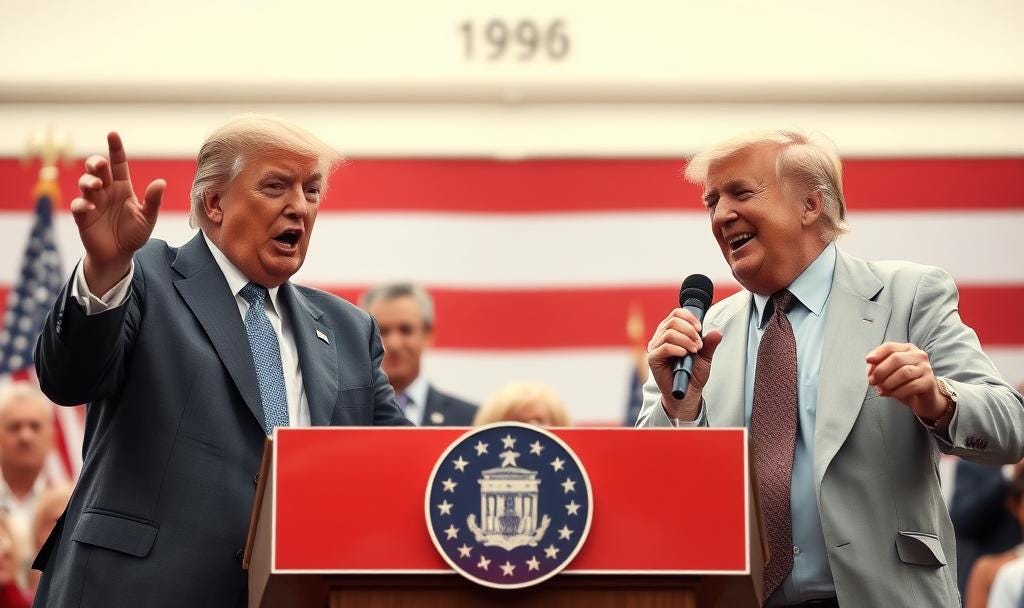The Reality of Distance: Reflections on Connection, Division, and Adaptation
Life has an uncanny way of teaching us lessons we didn’t realize we needed to learn, often through experiences that challenge our assumptions and push us out of our comfort zones. For me, the past decade of living outside the United States has been a journey of navigating complex relationships, both personal and societal, while confronting the ripple effects of global events that no one, no matter where they reside, can truly escape.
Though I’ve built a life in Canada, far removed from the physical and political landscape of the U.S., the turmoil south of the border continues to affect me in ways both expected and surprising. The American political machine, particularly under Donald Trump, isn’t just an internal problem, it sends shockwaves through global economies, communities, and even personal relationships. As I reflect on the chaos, the isolation, and the profound challenges of building a life in a place where familial ties feel tenuous, I’m reminded that survival isn’t just about adapting to external force, it’s about learning how to live with yourself and the decisions you’ve made.
The Shadow of American Politics and Its Reach
In theory, living in Canada should have shielded me from the worst of American political dysfunction. In reality, no such escape exists. Donald Trump’s antics, rhetoric, and policies affect not only the U.S. but also its closest trading partners. His trade barriers and tariffs, designed to project strength, have a direct impact on Canada’s economy. Rising costs of living here are partly tied to these economic policies, a reminder that national decisions in one country inevitably bleed into the lives of people elsewhere.
Yet, beyond the economic fallout, the larger frustration lies in how pervasive and exhausting American political discourse has become. Social media platforms are saturated with polarized voices, many of them originating from the U.S. On one end of the spectrum, some hail Trump as a saviour convinced he alone can fix urban decay and spiralling debt. On the other, some voices paint China as an eternal victim, a benevolent superpower unfairly maligned by Western narratives. Both sides operate within echo chambers, where nuance is not only absent but actively discouraged.
Even platforms like Substack Notes, where I initially sought refuge, are not immune to this polarization. The migration of users from Twitter and TikTok, platforms plagued by their unique issues, has brought the same noise and toxicity. Twitter’s descent into chaos under Elon Musk, a man casually proud of performing Nazi salutes, and TikTok’s promotion of mindless, data-harvesting content have made meaningful engagement increasingly rare. Substack Notes, too, struggles with its identity crisis, confusing users about the difference between subscribing to content and following people.
As someone who values thoughtful interaction, I’ve reached the point where I primarily use these platforms for quick updates and promoting my work. The noise has become unbearable, and the constant need to mute, block, or disengage from low-quality content is draining.
Keep reading with a 7-day free trial
Subscribe to A Canadian Returnee to keep reading this post and get 7 days of free access to the full post archives.





